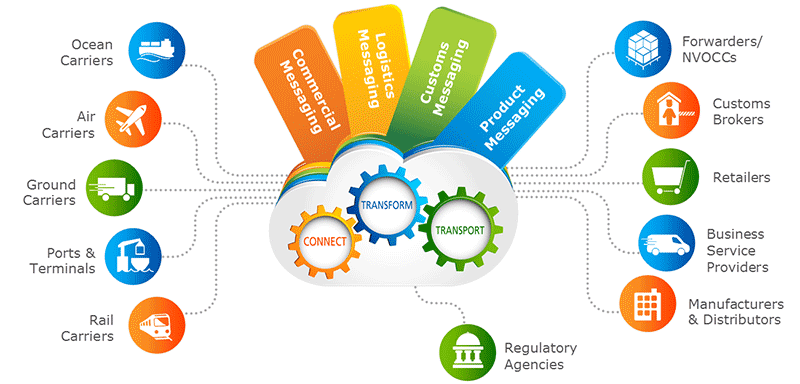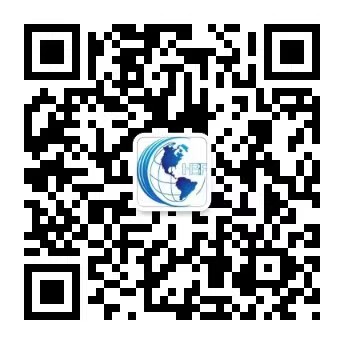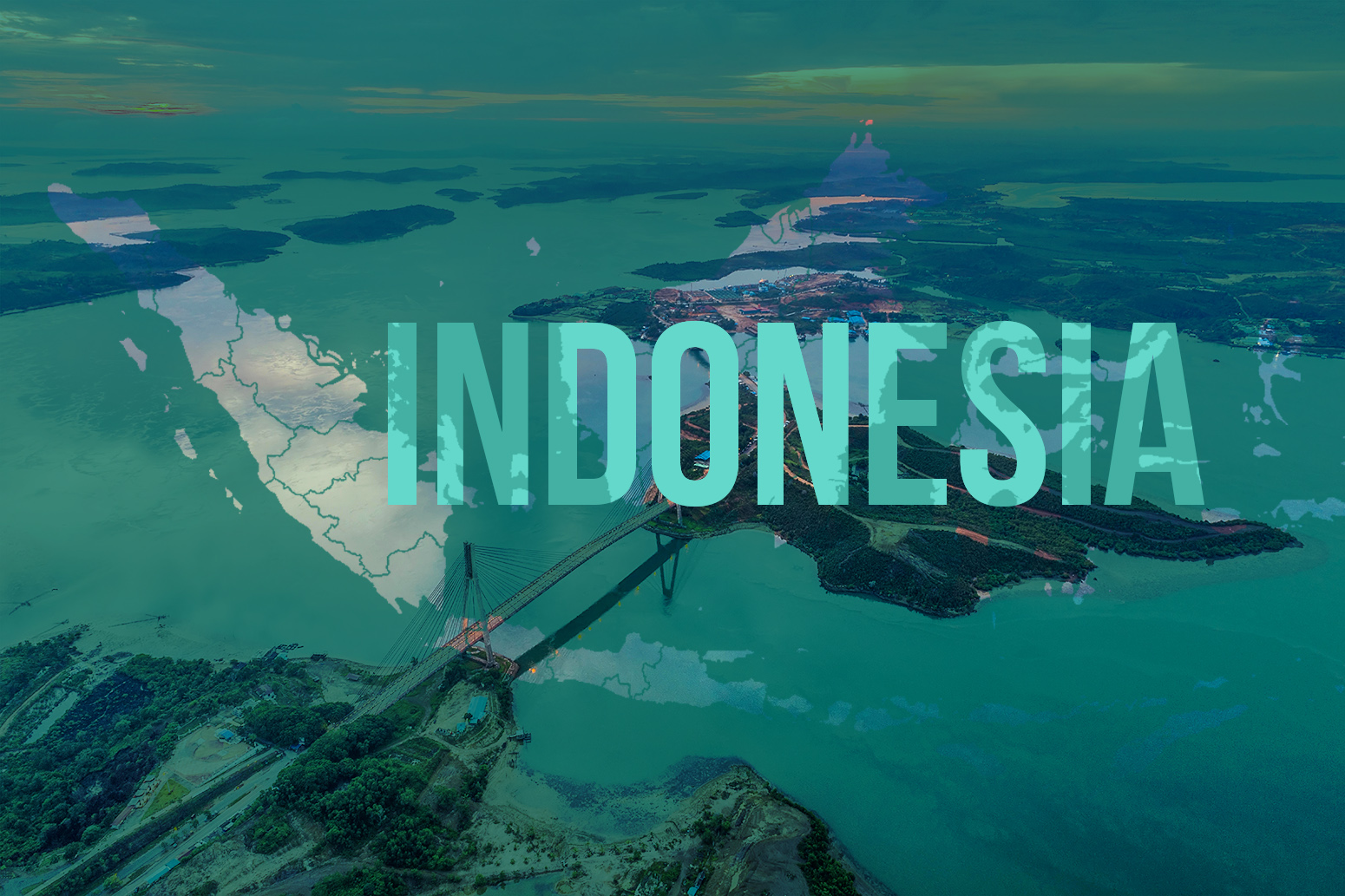印尼6月中旬签证调整与进口红灯严查:政策解析与应对策略
2025年6月,印尼政府同步推进了两项重大政策改革——签证延期现场办理新规全面实施与进口"红灯期"特别严查行动。这两项政策分别由移民局和海关主导,对在印尼经营的中资企业外籍员工及外贸从业者产生深远影响。本文将深入解析政策要点,并提供切实可行的应对建议。
一签证延期新规:生物信息采集全面实施
印尼移民局自2025年6月1日起在全国范围内推行签证延期现场办理新规,要求所有申请人必须亲自或通过授权代理人前往移民局完成生物信息采集。这项政策是印尼"数字移民系统2.0"计划的核心组成部分,旨在打击签证欺诈和逾期滞留问题。
政策核心内容
办理流程变化:取消线上办理渠道,所有类型签证延期(包括商务签工作签等)必须现场提交材料缴费并完成蓝底照片(35×45mm)拍摄和指纹录入。
时间成本增加:办理周期从原来的线上快速处理延长至7-10个工作日,现场办理过程通常需要1-2小时。
材料要求升级:新增公证授权书(委托办理时)企业营业执照复印件(加盖公章)等文件,移民局对材料真实性的审核更加严格。
违规成本提高:签证逾期超过7天将面临最高500万印尼盾(约2300元人民币)罚款,严重逾期可能导致签证冻结,需重新申请。
对企业与个人的直接影响
- 时间管理压力:企业需对员工签证有效期进行全面清查,制定批量办理计划;个人需提前1-2周预约办理时间 。
- 运营成本上升:频繁往返移民局将增加人力成本,专业代理服务需求激增 。
- 合规风险加剧:材料准备不充分可能导致流程延误,进而引发逾期风险 。
二进口"红灯期"严查:贸易保护全面升级
与此同时,印尼海关在6月中旬启动了史上最严"红灯期"检查,对所有口岸进口货物实施力度空前的查验。这一行动源于印尼贸易部披露的数据:进口纺织品服装电子产品等商品的申报价值与原产国记录存在巨大差异(3.6亿美元vs1.16亿美元)。
严查政策要点
关税壁垒提高:对鞋类陶瓷等进口产品征收100%-200%的保障性关税,保护国内产业。
特别工作组成立:专门打击纺织品电子产品鞋类化妆品等商品的灰清或非法进口。
标准认证强制化:对预应力钢丝阀门瓷砖等16种工业产品实施强制性印尼国家标准(SNI)认证。
查验力度空前:所有口岸进入"红灯"状态,重点商品100%查验,清关时间可能延长至数月。
对进出口企业的挑战
- 时间成本:货物在海关滞留时间显著延长,可能影响交货周期。
- 资金压力:高额关税和可能的罚款将大幅增加经营成本。
- 合规风险:单证不符货证不一等问题将面临严厉处罚。
三综合应对策略
签证延期新规应对方案
企业层面:
- 立即开展签证清查:建立签证管理台账,对6月及以后到期的签证优先在5月底前启动延期申请 。
- 委托专业服务机构:选择提供"材料预审+代跑流程+进度追踪"全托管服务的本地代理,如千岛企服的1小时快速预审服务。
- 批量集中办理:每月固定时间集中处理员工签证事宜,减少人力分散消耗 。
个人层面:
- 提前预约准备:通过移民局官网(https://evisa.imigrasi.go.id)或代理机构预约,确保材料齐全。
- 关注政策动态:定期查看印尼移民局官网和权威媒体更新,避免信息滞后 。
进口红灯期破解之道
- 前期深度调研:发货前与印尼客商确认产品是否在红灯清单,了解最新海关政策。
- 优化贸易方式:对无进口权或资质较浅的客户,采用DDP操作模式,借助优质代理完成通关。
- 物流条款谈判:订舱时申请14天免柜期,缓冲清关延误风险。
- 装柜前检验:对LED灯机械等敏感商品提前完成SGS装柜前检验,获取SGS编号。
- 单证严格一致:确保货物与箱单发票提单完全一致,明细尽可能详细。
- FORM E核查:仔细检查东盟原产地证信息准确性,避免因格式问题导致清关受阻。
四风险预警与特别提示
签证过渡期风险:6月政策全面推行初期可能出现系统磨合问题,建议非紧急签证可暂缓至7月办理。
海关拍卖风险:印尼港口规定货物30天内必须完税,超期可能被拍卖,且不得退回。
双重合规压力:同时面临签证和清关新政的企业,需统筹规划跨境人员与货物流动。
举报维权渠道:如遇执法人员索贿,可保留证据向印尼法律人权部举报或联系中国驻印尼使领馆。
五政策趋势展望
印尼此次同步收紧移民与进口政策,反映出佐科政府强化经济主权保护本土产业的明确导向。据《雅加达邮报》分析,这可能是印尼大选后新政府经济政策的风向标。建议在印尼经营的中资企业:
- 加快本地化进程:考虑与印尼本土企业合作或直接投资设厂,规避贸易壁垒。
- 建立合规体系:聘请专业法律顾问,定期进行政策培训,将合规成本纳入经营预算。
多元化市场布局:适当分散贸易风险,避免过度依赖印尼单一市场。
印尼作为东南亚最大经济体,其市场潜力与政策风险并存。只有准确把握政策脉搏,提前做好合规布局,才能在这片充满机遇与挑战的市场中行稳致远。
Indonesia's Visa Adjustment and Import "Red Light" Crackdown in Mid-June: Policy Analysis and Response Strategies
In June 2025, the Indonesian government simultaneously advanced two major policy reforms—the full implementation of new on-site visa extension regulations and a special "red light" inspection campaign on imports. These policies, led by the Immigration Department and Customs respectively, have a profound impact on Chinese enterprises operating in Indonesia, expatriate employees, and foreign trade practitioners. This article will provide an in-depth analysis of the key policy points and offer practical response recommendations.
I. New Visa Extension Regulations: Mandatory Biometric Data Collection
Starting June 1, 2025, Indonesia’s Immigration Department has rolled out new on-site visa extension regulations nationwide, requiring all applicants to appear in person or through an authorized agent to complete biometric data collection. This policy is a core component of Indonesia’s "Digital Immigration System 2.0" plan, aimed at combating visa fraud and overstaying issues.
Key Policy Contents
- Changes in Application Process: Online processing channels have been canceled. All types of visa extensions (including business visas, work visas, etc.) must now be submitted in person, with payment made on-site, along with blue-background photo (35×45mm) capture and fingerprint scanning.
- Increased Time Costs: Processing time has extended from the previous fast online processing to 7-10 working days, with on-site procedures typically taking 1-2 hours.
- Stricter Documentation Requirements: Additional documents such as notarized power of attorney (for proxy applications) and company business license copies (with official seal) are now required, with stricter authenticity checks by immigration authorities.
- Higher Penalties for Violations: Overstaying a visa by more than 7 days may result in fines of up to IDR 5 million (~USD 350), while severe overstays could lead to visa cancellation, requiring reapplication.
Direct Impact on Businesses and Individuals
- Time Management Pressure: Companies must conduct thorough checks on employees’ visa expiration dates and plan batch processing; individuals must schedule appointments 1-2 weeks in advance.
- Increased Operational Costs: Frequent visits to immigration offices raise labor costs, driving up demand for professional agency services.
- Heightened Compliance Risks: Incomplete documentation may cause delays, leading to overstay risks.
II. Import "Red Light" Crackdown: Strengthened Trade Protection
At the same time, Indonesian Customs launched its strictest-ever "red light" inspection campaign in mid-June, implementing unprecedented checks on imported goods at all ports. This action follows data from the Ministry of Trade revealing significant discrepancies in declared values of imported textiles, garments, electronics, and other goods (USD 360 million vs. USD 116 million).
Key Crackdown Measures
- Higher Tariff Barriers: Safeguard tariffs of 100%-200% imposed on footwear, ceramics, and other imported products to protect domestic industries.
- Special Task Force Established: Dedicated to cracking down on gray-market or illegal imports of textiles, electronics, footwear, and cosmetics.
- Mandatory Standard Certification: 16 industrial products, including prestressed steel wire, valves, and tiles, now require mandatory Indonesian National Standards (SNI) certification.
- Unprecedented Inspection Intensity: All ports are on "red light" alert, with 100% inspection rates for high-risk goods, potentially extending clearance times to several months.
Challenges for Import-Export Enterprises
- Time Costs: Prolonged customs clearance delays may disrupt delivery schedules.
- Financial Pressure: High tariffs and potential fines significantly increase operational costs.
- Compliance Risks: Discrepancies in documentation or cargo descriptions may result in severe penalties.
III. Comprehensive Response Strategies
Visa Extension Regulation Solutions
For Businesses:
- Conduct Immediate Visa Audits: Establish a visa management system and prioritize extensions for visas expiring in June or later.
- Engage Professional Agencies: Opt for full-service agents offering "document pre-check + on-site processing + progress tracking," such as QianDao Enterprise’s 1-hour fast pre-check service.
- Batch Processing: Schedule monthly bulk visa processing to minimize resource dispersion.
For Individuals:
- Book Appointments Early: Schedule via the Immigration Department’s official website (https://evisa.imigrasi.go.id) or through agencies to ensure complete documentation.
- Monitor Policy Updates: Regularly check official immigration websites and authoritative media for the latest information.
Navigating the Import "Red Light" Period
- Pre-Shipment Research: Confirm whether goods are on the "red light" list with Indonesian buyers and stay updated on customs policies.
- Optimize Trade Methods: For clients without import licenses or limited qualifications, use Delivered Duty Paid (DDP) models with reliable agents.
- Negotiate Logistics Terms: Request 14-day free demurrage periods when booking shipments to mitigate clearance delays.
- Pre-Shipment Inspections: Conduct SGS inspections for sensitive goods like LED lights and machinery before loading.
- Ensure Document Consistency: Guarantee that cargo details match packing lists, invoices, and bills of lading precisely.
- Verify FORM E Certificates: Double-check ASEAN Certificate of Origin details to avoid clearance issues due to formatting errors.
IV. Risk Warnings and Special Notes
- Transition Period Risks: System adjustments in June may cause temporary disruptions; non-urgent visa extensions may be postponed to July.
- Customs Auction Risks: Indonesian ports mandate tax payments within 30 days; overdue shipments may be auctioned without return options.
- Dual Compliance Pressure: Companies facing both visa and customs reforms must coordinate cross-border personnel and logistics planning.
- Reporting Channels: If encountering bribery demands, retain evidence and report to Indonesia’s Ministry of Law and Human Rights or the Chinese Embassy/Consulate.
V. Policy Trend Outlook
Indonesia’s simultaneous tightening of immigration and import policies reflects the Jokowi administration’s push for economic sovereignty and domestic industry protection. According to The Jakarta Post, this may signal the new government’s post-election economic direction. Chinese enterprises in Indonesia are advised to:
- Accelerate Localization: Partner with local firms or establish direct investments to bypass trade barriers.
- Strengthen Compliance Systems: Hire legal consultants, conduct regular policy training, and incorporate compliance costs into budgets.
- Diversify Markets: Mitigate risks by reducing over-reliance on the Indonesian market.
As Southeast Asia’s largest economy, Indonesia offers both market potential and policy risks. Only by accurately grasping policy trends and proactively ensuring compliance can businesses navigate this dynamic market successfully.







